The End of the Night at Original Theatre Online
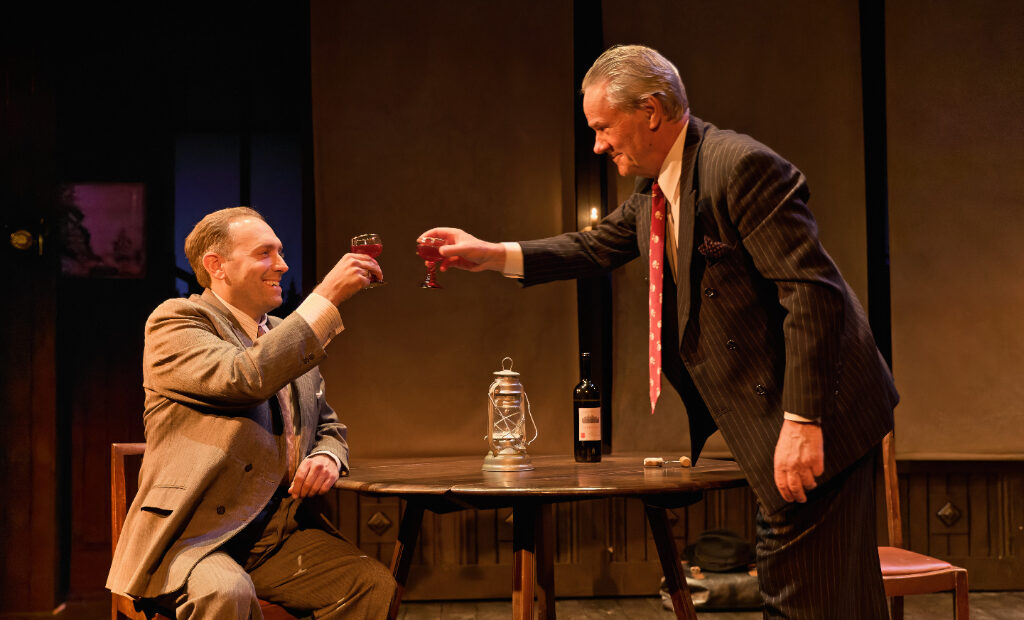
The End of the Night, directed by Ben Brown, is a historical re-enactment of a dramatic event in August 1942 which resulted in the release of 1,000 Jewish women during WWII. It begins with expository narration by Norbert Masur, the Swedish Jew and member of the World Jewish Congress, who was to meet with powerful Nazi Heinrich Himmler in a secret meeting facilitated by his personal physiotherapist, Dr Felix Kersten, in order to persuade him to let the remaining concentration camp survivors go free as the Third Reich began to crumble.
As far as themes are concerned, it explores many. There’s the theme of moving past what has happened – “what’s done is done; it cannot be undone” – and of victims compromising with their racist abusers for the greater good of everyone else. There’s the back and forth between the justification of genocide and condemning such horrific acts with logic and reason, with Masur disproving Himmler’s reasons for committing Jewish genocide by bringing up the violence and horrors of the concentration camps when Himmler argues they’re not for killing but simply for “educating”. It also raises the question of whether personal relationships can trump political friction.
The fast dialogue doesn’t allow any humour permeate and breathe; there’s no time to laugh at any of the witty lines. This is a sound choice as the discussions at hand remain sensitive and serious. However, this is undermined at times by the use of overly dramatic cuts and camera close-ups in the filmed version of the play. There are similar issues with the score, which is unnaturally tense and eerie, with no seamless transition. However, the play does exhibit creative use of camera angles and sensory soundbites that help heighten the atmosphere and the intended mystery surrounding Himmler.
Because this is not a live show, there’s no need to ensure that the actors’ faces are always visible from the fourth wall, yet here they maintain the technique to physically highlight the tension between all three characters on stage – specifically Masur and Himmler. The set-up of the two individuals sitting across each other at a table, with Kersten pacing back and forth behind them, creates a sense of separation that echoes the two distinct worlds and ideologies, and the balance Kersten represents.
While the lighting can set the mood and tone required of specific scenes and locations – such as the stage brightening up upon characters lighting up candles – in places, darkness obscures the actors’ faces, crucial because so much of the story is told through their facial expressions, whether hints of manipulation or underlying personal relationships. Richard Clothier especially does a good job of creating an intimidating but hesitant persona for Himmler.
Regardless of its cinematic hiccups, the story The End of the Night tells is important and absolutely deserves to be heard.
Mae Trumata
The End of the Night is available on demand online from 4th July 2022. For further information or to book visit the theatre’s website here.










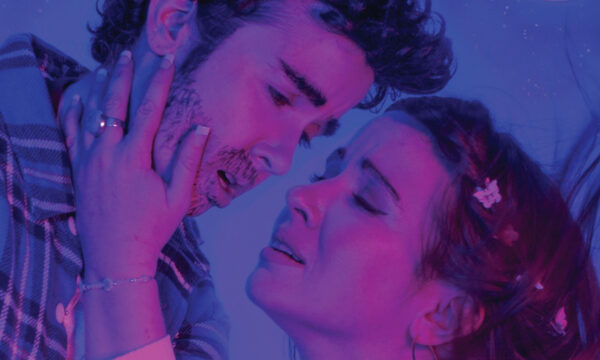





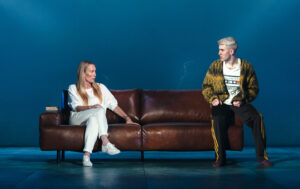


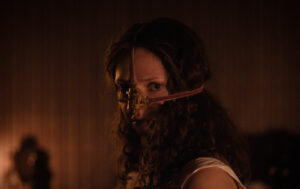





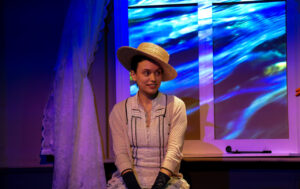
Facebook
Twitter
Instagram
YouTube
RSS